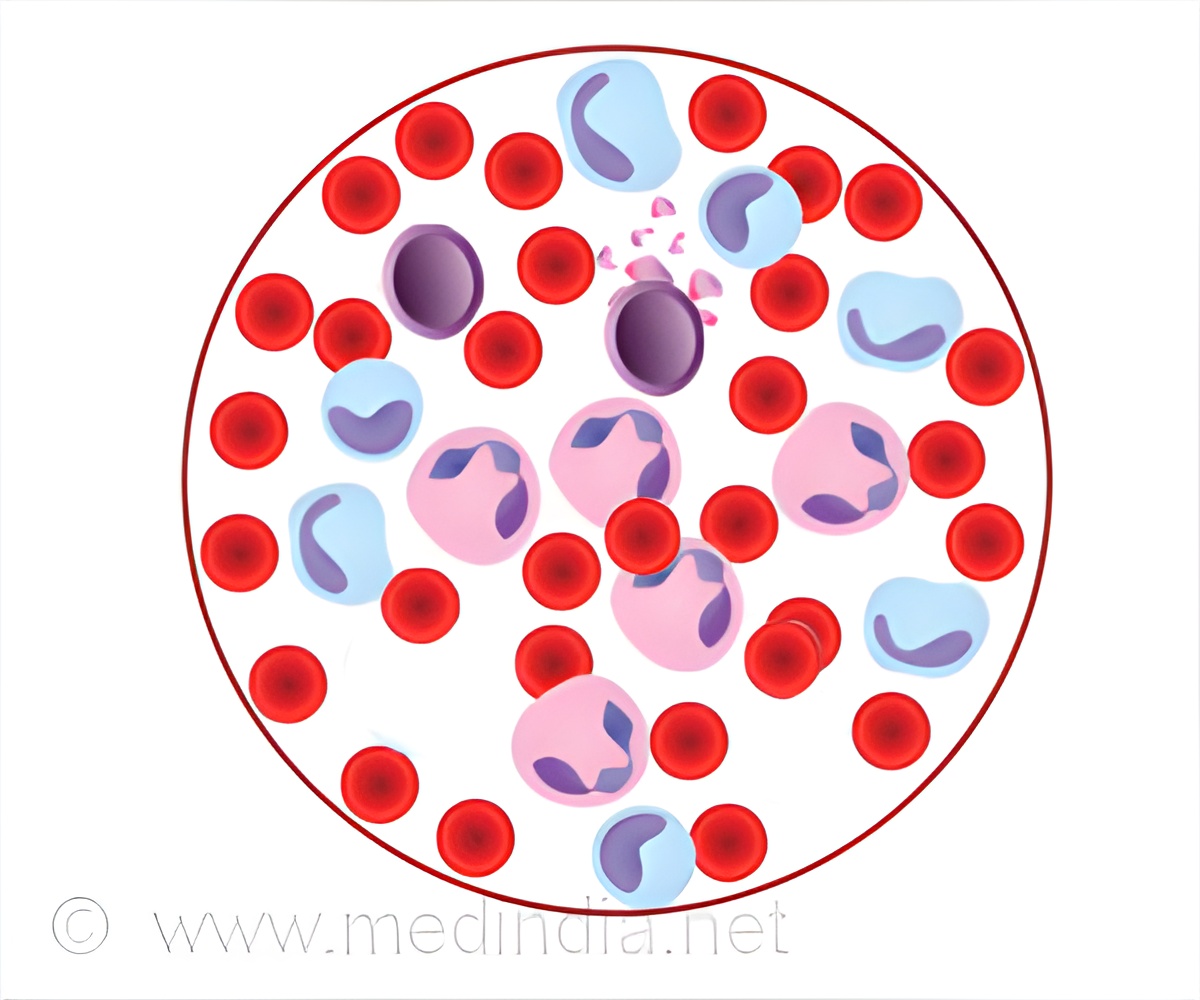
‘Down syndrome, or Trisomy 21, has genome-wide implications that place these individuals at higher risk for leukemia.’
Tweet it Now
"We discovered an increased expression of leukemia-promoting genes and decreased expression of genes involved in reducing inflammation. These genes were not located on chromosome 21, which makes them potential therapeutic targets for leukemia even for people without Down syndrome," says co-lead author Mariana Perepitchka, BA, Research Associate at the Manne Research Institute at Lurie Children's. What is Down Syndrome?
Down syndrome (Trisomy 21), genetic disorder involves an extra copy of chromosome 21. The condition occurs in about one in 700 babies. People with Down syndrome are at a 500-fold risk of developing acute megakaryoblastic leukemia (AMKL) and a 20-fold risk of being diagnosed with acute lymphoblastic leukemia (ALL).
Study Details
- Skin samples from Down syndrome patients were used to create induced pluripotent stem cells (iPSC).
- The stem cells were then differentiated into endothelial cells.
- Impaired endothelial cell genetic expression produced altered endothelial function throughout the cell maturation.
Advertisement
"Fortunately, advances in iPSC technology have provided us with an opportunity to study cell types, such as endothelial cells, that are not easily attainable from patients," says senior author Vasil Galat, PhD, Director of Human iPS and Stem Cell Core at Manne Research Institute at Lurie Children's and Research Assistant Professor of Pathology at Northwestern University Feinberg School of Medicine. "If our results are confirmed, we may have new gene targets for developing novel leukemia treatments and prevention."
Advertisement












